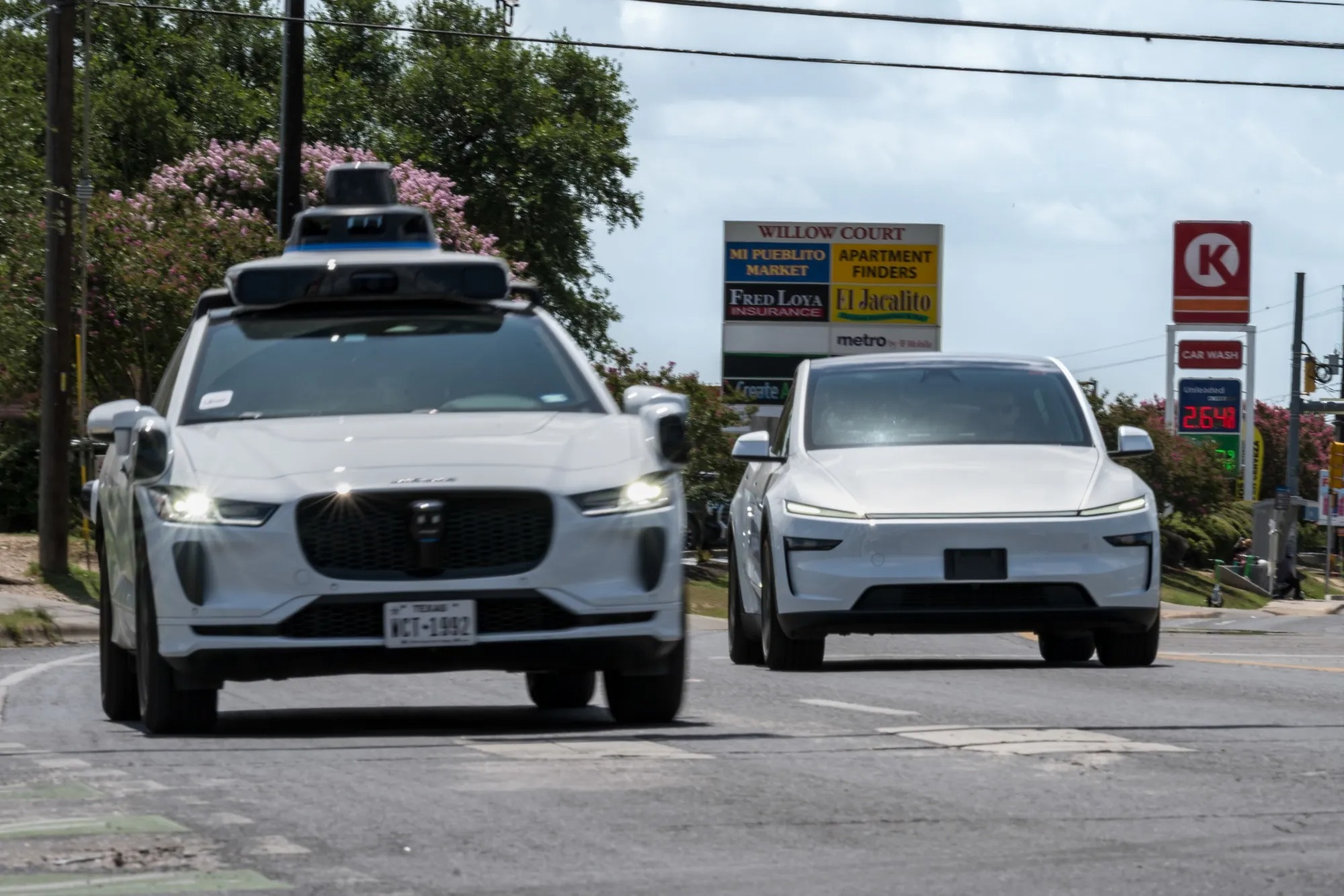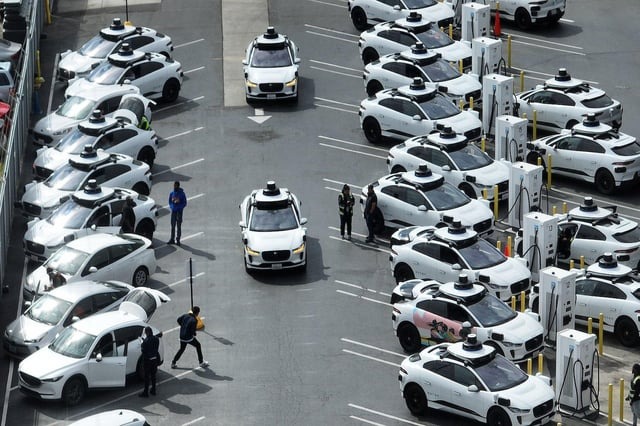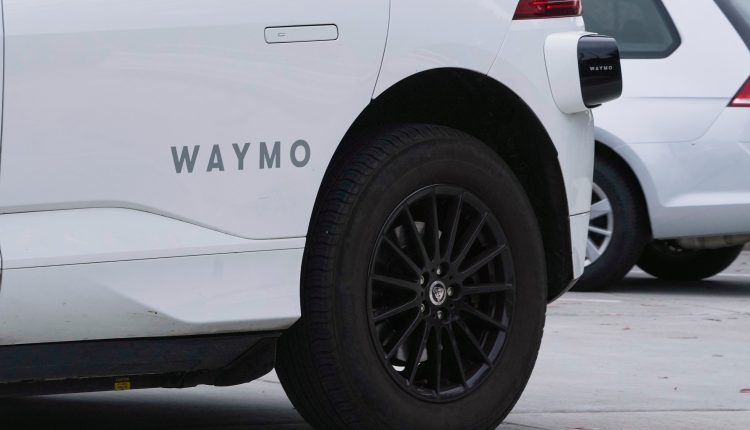Waymo Races Ahead with Dallas Robotaxi Launch as Tesla Chases Expansion
Waymo Accelerates Robotaxi Expansion with Strategic Dallas Launch as Tesla Plays Catch-Up
In a decisive move to solidify its lead in the autonomous vehicle race, Alphabet’s Waymo announced plans to launch its driverless ride-hailing service in Dallas in 2026. The expansion will be powered by a multi-year partnership with rental giant Avis Budget Group, which will manage fleet maintenance, charging, and operational infrastructure. The Dallas deployment positions Waymo in its second Texas market after Austin and adds to its 2026 roadmap for Miami and Washington, D.C..
Strategic Partnership Fuels Growth
Waymo’s collaboration with Avis marks a significant evolution for both companies. Avis transitions from traditional car rentals to mobility services, while Waymo gains a scalable operational framework. “This is a pivotal milestone in our evolution,” said Avis CEO Brian Choi, emphasizing the shift toward becoming a “leading provider of fleet management” for the mobility ecosystem. The partnership mirrors Waymo’s existing alliances with Uber and Moove but represents its first with a rental car company, potentially enabling faster expansion into additional cities.

Waymo currently operates over 1,500 Jaguar I-PACE vehicles across Phoenix, San Francisco, Los Angeles, Austin, and Atlanta, completing more than 250,000 paid weekly trips. Dallas was selected partly due to its troubling traffic safety record it has the highest traffic fatality rate among U.S. cities with populations exceeding 1 million.
Tesla’s Ambitious Claims Meet Operational Reality
While Waymo executes its measured expansion, Tesla CEO Elon Musk declared plans to deploy robotaxis to “half the U.S. population” by year-end 2025, pending regulatory approvals. However, Tesla’s current operations remain limited: a small fleet of 10-20 Model Y vehicles operates only in a geofenced area of Austin, with safety monitors in the passenger seat. The company faces regulatory hurdles in California, where it lacks permits for driverless testing or commercial deployment.
Tesla applied for testing permissions in Arizona in June and aims to enter the Bay Area within months. Yet experts note its minimalist sensor approach relying solely on cameras, unlike Waymo’s lidar-enhanced system—and regulatory gaps pose significant challenges. “Tesla’s expansion is minimum viable autonomy theater,” said Alex Roy, General Partner at New Industry VC. “They’re executing the bare minimum to maintain the perception of progress”.

Regulatory Divergence and Safety Scrutiny
The regulatory landscape highlights the divergence in readiness between the rivals. Waymo holds permits for fully driverless operations in all its markets, while Tesla cannot legally operate without safety drivers outside Texas. California regulators confirmed Tesla has not applied for essential driverless testing or deployment permits, despite Musk’s bullish timelines.
Safety concerns also linger. Tesla’s Austin trial documented incidents including problematic left turns, collisions with parked cars, and a near-miss at a train crossing. Waymo, meanwhile, emphasizes its 100 million autonomous miles logged and rigorous city testing before launches.
Waymo’s Dallas launch reinforces its strategy: controlled scaling via partnerships, sensor-rich vehicles, and regulatory compliance. Tesla bets on leveraging existing consumer vehicles for rapid expansion, though its technology and regulatory standing remain unproven at scale. As Waymo tests in 10+ cities, including New York, Boston, and Tokyo, its revenue-generating operations contrast sharply with Tesla’s invite-only experiments.
“Waymo is pulling further ahead while others scramble,” notes transportation analyst Michael Liedtke. With Avis enabling operational efficiency and safety data guiding expansion, the Dallas rollout could become a blueprint for autonomous mobility’s mainstream adoption.
Subscribe to my whatsapp channel


Comments are closed.